Instagram is making some changes…
You may have heard that Instagram plans on rolling out a test to hide likes on posts this week.
We thought we'd take a minute to give you some more information and let you know what this means for your own presence on Instagram, if it's something that interests you.
Last Friday, Head of Instagram Adam Mosseri spoke at the WIRED25 Summit in San Francisco and confirmed this to be true. For those of us that follow these conversations in our industry, this isn't very surprising. They've been testing this with users of the platform in Canada, Japan, Brazil, and other countries for months.
Why is Instagram doing it?
The affect that social media has on mental health, young people's especially, has been a hot button issue for quite some time. While social media hasn't been around long enough for us to know how negative these affects may be scientifically, this test is Instagram's way of being proactive about it. Mosseri said they're trying to "depressurize" the platform and "make it less of a competition."
What does hiding likes mean?
Right now, when you go to your Instagram Feed, you'll see that below every post that's been shared, there is a "like" count. Instagram does this with ❤️ hearts. This change will eliminate the visibility of those like counts to others, hiding them from everyone but you and those with access to your Instagram account. You'll still be able to see insights, like counts, and other metrics through the backend.
Why are we telling you this?
While something changes every day in the world of social media marketing, we wanted to point this out to you because likes are one of the most popular metrics people use to determine if their post is "successful".
The problem is that for many, a high like count also serves as constant validation from others. Regardless of whether you're simply a personal user of the platform or run a global company, this kind of validation becomes addictive and affects self-esteem.
We lose sight of what these platforms can do if we use them strategically when we get all caught up in things that have no affect on our business or worse, are harmful to our own wellbeing. There's a reason there's a name for this: vanity metrics!
How does this affect my business?
It may not. If we've been doing our job, then it shouldn't, but we probably won't see this test anyway.
We've always tried to emphasize that social media is just a small piece of your overall success as a business. While a necessary one for the world we live in, the things that translate to business growth and success for you have never been these superficial counts of likes and followers.
Lots of people out there, however, have fallen into the trap. Unfortunately, they've become misguided on where the value in social media lies in the first place.
It's not about perfectly curated feeds, a million followers, professionally altered photos, and vanity metrics. It's about connecting with your customers, adding to their experience by engaging with them beyond your four walls, and building trust by showing them who you and what you're all about, as authentically as possible.
Of course it's too early to tell, but this change could be a great thing!









